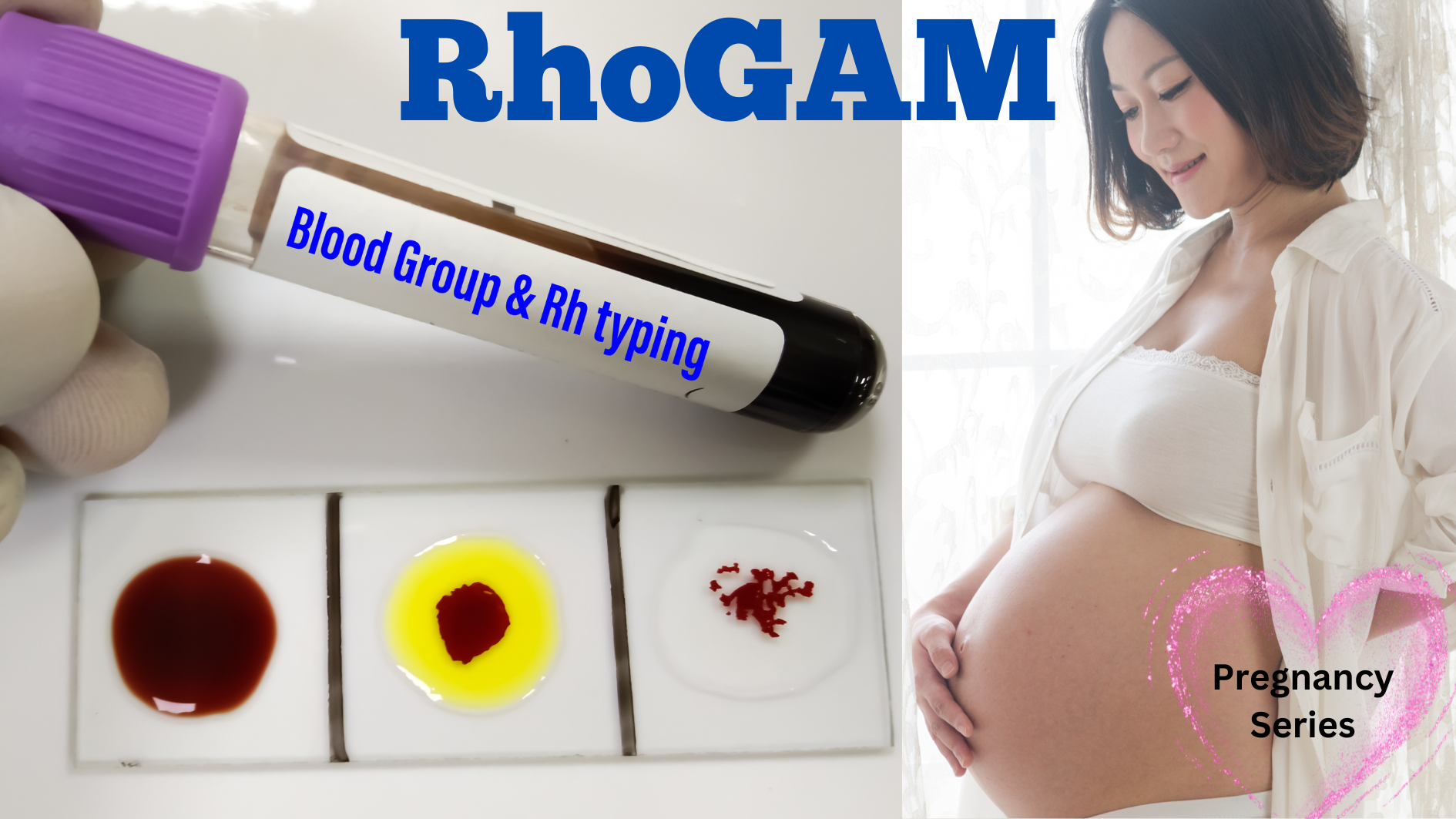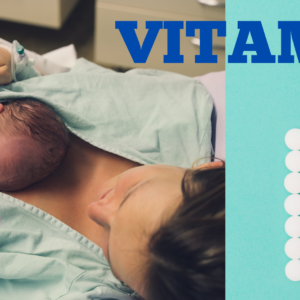Course description: In the Pregnancy Course Series, we examine the earliest vaccines, those given during pregnancy, or shortly thereafter: RhoGam, Vitamin K and Hepatitis B. In this module, we will explore the RhoGam injection. While this is not really a vaccine, the question about receiving this shot during, or shortly after, delivery frequently comes up. It is important for you to understand what this injection is and why it is given to RH- mothers so you can make an informed decision about receiving this shot. [1 Video, Length: 32 min, Downloadable Material, Access to Forums] In this course you will learn:
- The most important tests to obtain in the early prenatal period
- When the Rh blood group system was first discovered and what it means to the developing fetus
- The incidence of Rh- blood types around the globe and in different ethnicities
- How Rh sensitization occurs and why RhoGam is important interrupt that process
- Why giving RhoGAM after sensitization occurs has no effect on outcome
- The three key factors that determine if an Rh+ fetus can cause sensitization when carried by an Rh- mother
- Learn the scenarios that increase the risk of Rh- sensitization
- How anti-D antibody was first discovered and how it is harvested for use
- Why and when RhoGAM first began being used at 28 weeks gestation instead of immediately post-partum
- The various products marketed as Rho(D) – knowing this, will help you make a better choice
- How RhoGAM is made and how it may contain risks of viral infection.
- Why RhoGAM is given – and the conditions it was designed to eliminate
- To understand the impact of the father’s Rh type and the statistical percentage of babies born to Rh- mothers who are also Rh-
- Learn about the blood test that has been available since 1997 to determine if giving RhoGAM is necessary





